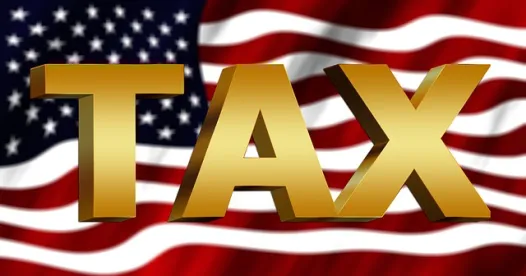According to an audit report by the Treasury Inspector General for Tax Administration (TIGTA), the IRS Whistleblower Office (WO) has been a powerful tool for producing additional tax revenue, but still needs improvements. The audit found that the WO does not have appropriate controls in place for oversight of claims processing. In particular, the issues included:
-
A lack of performance measurement and quality review impedes program evaluation.
-
Computerized tracking data are not always accurate.
-
Coding of claims on the Audit Information Management System is inconsistent.
-
Guidance for claim processing can be improved.
 In addition, the audit report found that the WO needs to improve communications with whistleblowers, monitor the timeliness of claim processing, and ensure that rejection/denial decisions are properly supported.
In addition, the audit report found that the WO needs to improve communications with whistleblowers, monitor the timeliness of claim processing, and ensure that rejection/denial decisions are properly supported.
These findings may not come as a surprise to those who have followed the IRS Whistleblower Program over the years. According to TIGTA audits, the WO has consistently struggled with control failures and poor communication with whistleblowers since its inception in 2006. These failures have resulted in lost evidence, inaccuracies, and potentially improper denial of awards.
IRS Whistleblower Program’s Early Success
In 2006, the US Congress authorized the creation of a new IRS Whistleblower Program in order to narrow the annual tax gap of over $450 billion (what was owed and what was paid). Under the new program, the IRS was required to issue rewards to tax whistleblowers of 15-30 percent of proceeds collected from tax underpayments if:
-
The whistleblower provided specific and credible information that the IRS decided to take action on;
-
The information related to tax underpayments of over $2 million (or if the subject of the claim was an individual, his or her gross income must have exceeded $200,000 for at least one of the tax years in question); and
-
The IRS collected tax underpayments resulting from the action (including any related actions).
The program was a great success in its first few years. In one action, a whistleblower was awarded over $104 million for exposing one of the largest tax evasion schemes in United States history. This tip alone allowed the United States to collect billions in tax underpayments.
IRS Whistleblower Office Should Improve Efficiency, Communication, and Controls
After its initial success, the WO has been plagued by issues. TIGTA has noted that whistleblowers and members of the US Congress continue express concerns with the operation of the program, yet the WO fails to remediate known problems. The general complaints center around the WO’s inefficiencies, poor communication with whistleblowers, and consistent control failures throughout the years.
According to the IRS Whistleblower Program fiscal year 2015 Annual Report to the Congress, it takes the office an average of six years to process an award claim under 7623(b). While the recent TIGTA audit noted that staffing increases and procedural changes have helped the office reduce inventory backlogs, it remains clear that the office is struggling to process and investigate claims on a timely basis.
Next, the TIGTA audit criticized the IRS Whistleblowers Office failure to effectively communicate with whistleblowers. In particular, the audit highlighted the office’s failure to properly support rejection/denial decisions and failure to contact whistleblower for debriefings. As noted in an August 2014 memorandum to the WO, the IRS Deputy Commissioner for Services and Enforcement stressed the importance of debriefing whistleblowers when necessary to clarify information:
Some whistleblowers have insights and information which can help the [IRS] understand complex issues or hidden relationships. Debriefing of the whistleblower, whether in person or by telephone, is an invaluable and crucial component of the evaluation of the information prior to a decision on whether the information should be referred to the field for [examination] or investigation. A debriefing interview can identify connections between the taxpayer and others who may have had a significant role in the alleged noncompliance. The whistleblower may also be able to explain and clarify documents and information submitted with the Form 211.
Finally, the TIGTA audit found WO must improve its controls. This has been a problem area for the WO since 2006. TIGTA recommended that the office implement adequate controls to ensure the consistent, appropriate, and expeditious processing of whistleblower claims.
Potential to be a Game Changer
Despite these issues, tax whistleblowers have continued to help the IRS collect over $3 billion in tax underpayments since the beginning of the new tax whistleblower program. In addition, whistleblowers have been awarded more than $403 million for information. In 2015 alone, the WO made 99 awards to whistleblowers, totaling more than $103 million.
It is clear that the WO is an important tool in narrowing the tax gap. The IRS Whistleblower Program has the potential to continue its success by remediating known issues and instilling confidence in whistleblowers again to come forward with information about large-scale tax underpayments.



 />i
/>i
